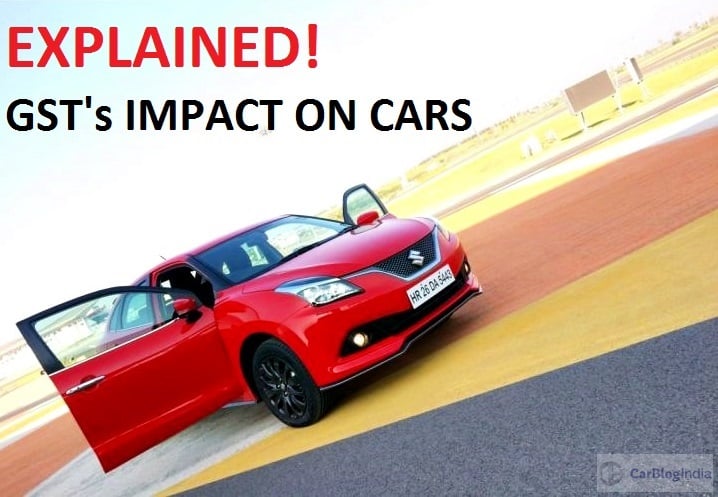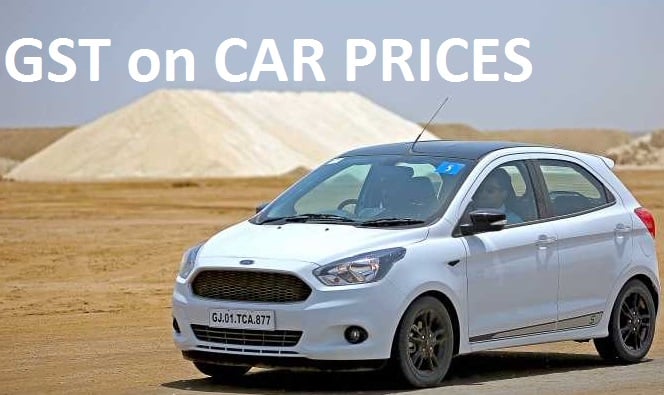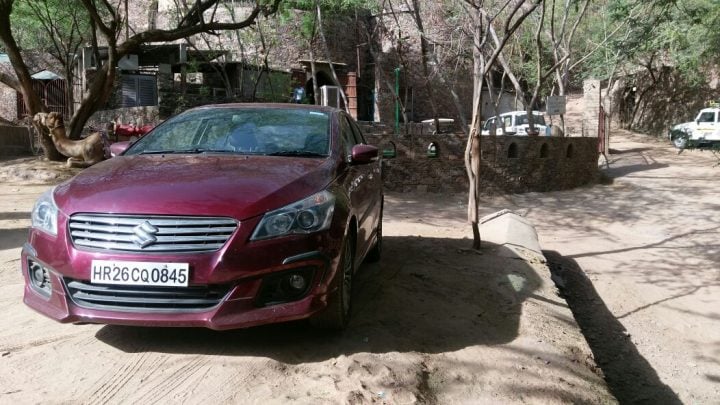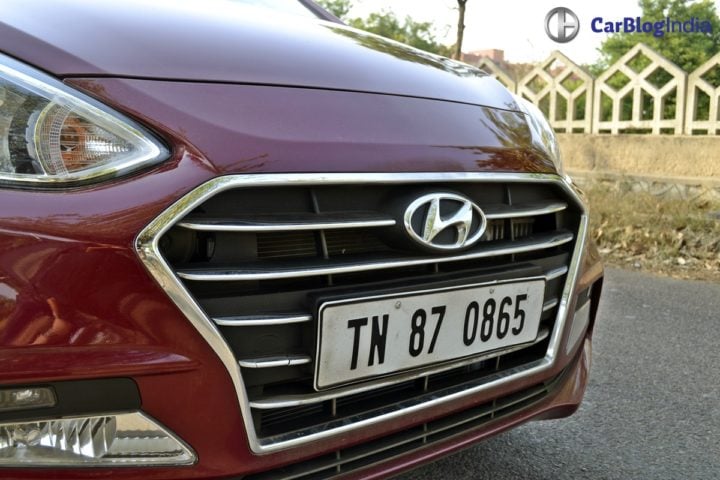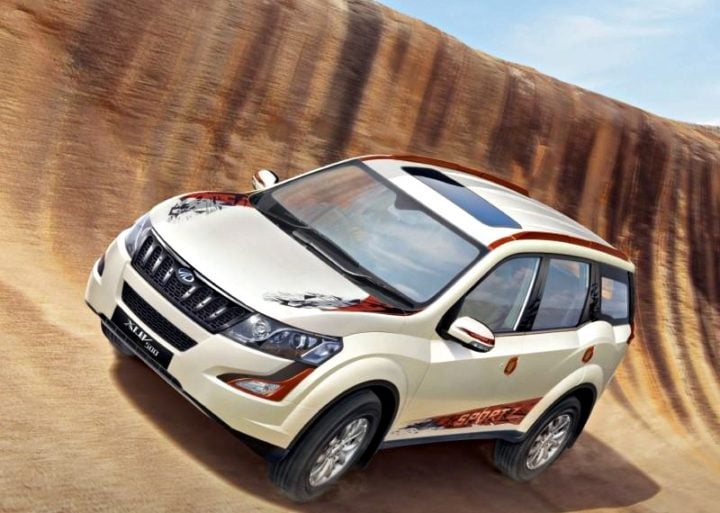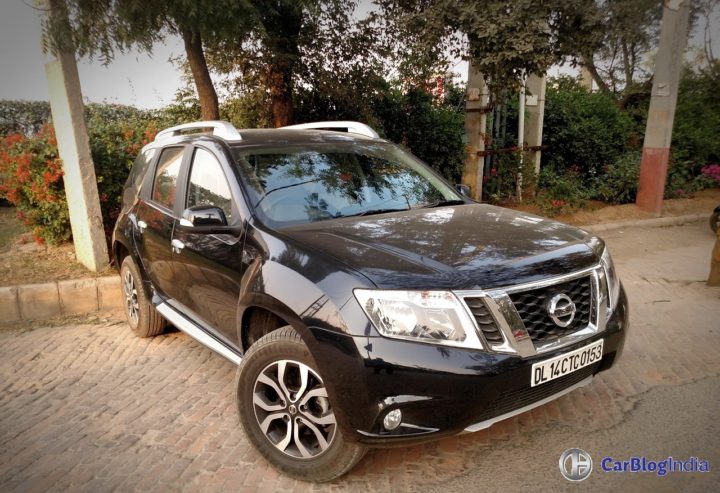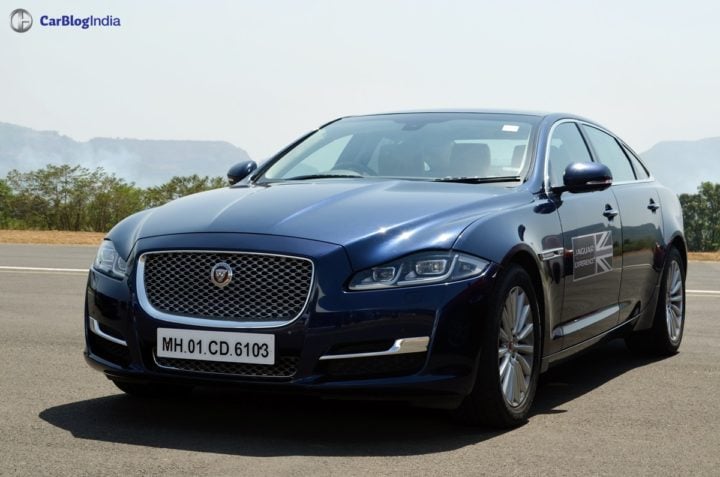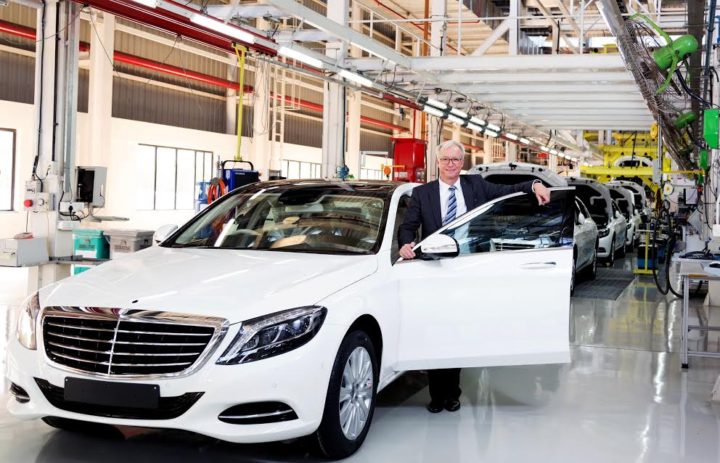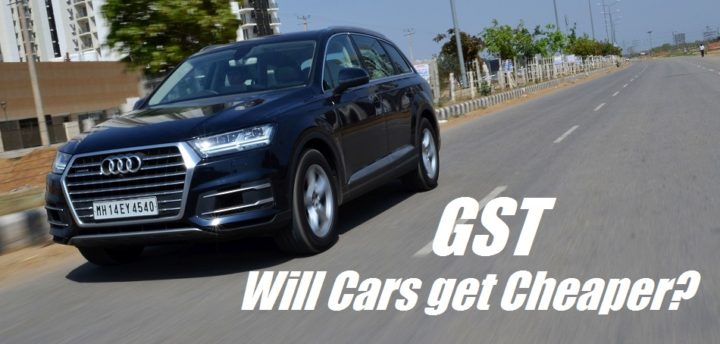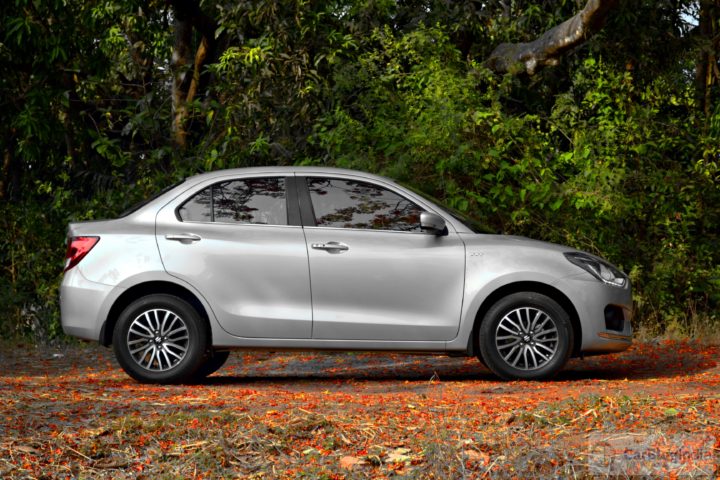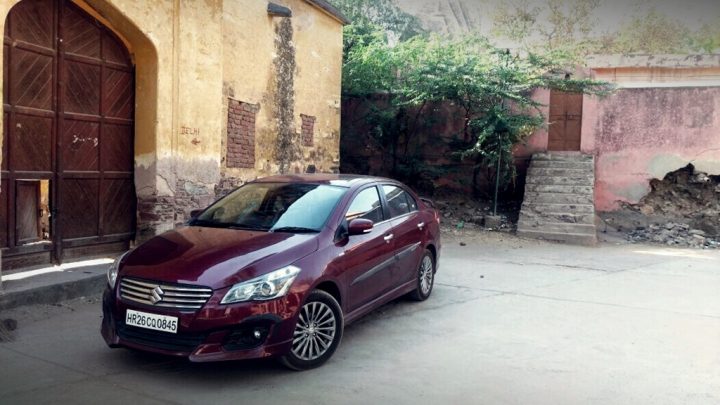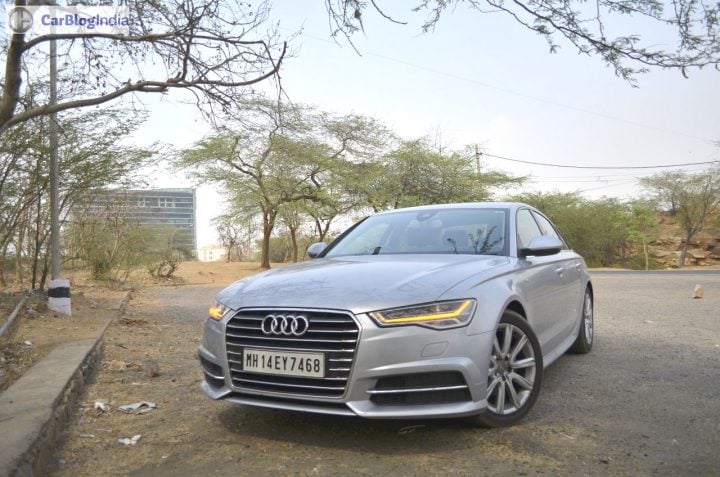GST is perhaps the most important economic tax reform in recent times. With the Goods and Services Tax bill, the Government aims to create a uniform tax structure across the country. Automobile manufacturers are divided over the implications of GST on car and bike prices. The implementation of GST will affect each segment differently. Most buyers are currently facing a similar dilemma – “Should I buy car after GST?” Many of you might also be wondering – “How will GST Affect Car Price?”. Let’s take a look at how car prices might be affected following the implementation of GST. We will try to answer all these questions in this post here. We have also listed out Maruti Car Prices after GST. Post-GST prices of all popular manufacturers and cars will be added in due course of time.
Also See – GST on SUVs and Luxury Cars to Go Up! | How Will GST Affect Bike Prices? | GST IMPACT: Manufacturers Slash Bike Prices!
GST IMPACT – GST Effect on Car Prices
| CATEGORY | ENGINE | Pre-GST | Post-GST | PRICE DROP |
| Under 4-metres | Under 1.2-litre Petrol | 31.5% | 29% | 2.5% |
| Under 4-metres | Under 1.5-litre Diesel | 33.25% | 31% | 2.25% |
| Under 4-metres | Above 1.2-litre Petrol or 1.5-litre Diesel | 44.7% | 43% | 1.7% |
| Above 4-metres | Above 1.2-litre Petrol or 1.5-litre Diesel | 51.6% | 43% | 8.6% |
| SUVs | 55% | 43% | 12% | |
| Hybrids | 30.3% | 43% | – 13.3% | |
| Electric Vehicles (EVs) | 20.5% | 12% | 7.5% |
Maruti Car Prices After GST
Maruti Suzuki, which has been India’s largest selling carmaker since time immemorial, has passed on the entire benefit of GST rates on vehicles to its customers. The ex-showroom prices of Maruti Suzuki models have come down by upto 3%. The rate of reduction varies across locations depending on the VAT rates applicable prior to GST. However, owing to withdrawal of tax concessions on mild hybrid vehicles, prices of the Ciaz Diesel and Ertiga Diesel have gone up by over Rs 1 lakh. The new prices have been effective from July 1, 2017.
| Maruti Car Prices After GST Implementation | ||
| Model | Change in Price | New Price |
| Alto 800 | Rs 1,000 (-) | Rs 2.49 lakh – 3.76 lakh |
| Alto K10 | Rs 1,000 (-) | Rs 3.29 – 4.15 lakh |
| Ignis | Rs 26,000 (-) | Rs 4.56 – 7.54 lakh |
| Swift | Rs 3,000 (-) | Rs 4.79 – 7.46 lakh |
| Vitara Brezza | Rs 9,000 (-) | Rs 7.23 – 9.91 lakh |
| Baleno | Rs 32,000 (-) | Rs 5.26 – 8.37 lakh |
| WagonR | Rs 2,000 (-) | Rs 4.14 – 5.34 lakh |
| Celerio | Rs 2,000 (-) | Rs 4.03 – 5.23 lakh |
| Eeco | Rs 2,000 (-) | Rs 3.28 – 4.34 lakh |
| S-Cross | Rs 37,000 (-) | Rs 7.94 – 11.66 lakh |
| Omni | Rs 1,000 (-) | Rs 2.66 – 2.68 lakh |
| Ciaz (Petrol) | Rs 7,000 (-) | Rs 7.72 – 10.52 Lakh |
| Ciaz (Diesel) | Rs 92,000 (+) | Rs 9.42 – 11.44 Lakh |
| Ertiga (Petrol) | Rs 7,000 (-) | Rs 6.15 – 8,75 Lakh |
| Ertiga (Diesel) | Rs 1.06 Lakh (+) | Rs 8.56 – 10.44 lakh |
Hyundai India
Hyundai Motor India Limited, the country’s second largest car manufacturer and the largest passenger car exporter has decided to pass on the GST benefit on vehicles to its customers. The rate of reduction varies from state to state across the car range depending on the earlier VAT rates. The price reduction will be upto 5.9% Ex-showroom Delhi.
Honda Cars India
| Model | Post-GST prices in Rs lakh | Price cut up to |
| Brio | 4.67 – 6.75 | Rs 12,279 |
| Amaze | 5.50 – 8.41 | Rs 14,825 |
| Jazz | 5.89 – 9.19 | Rs 10,031 |
| WR-V | 7.66 – 9.91 | Rs 10,064 |
| City | 8.46 – 13.44 | Rs 16,510 – Rs 28,005 |
| BR-V | 8.93 – 13.04 | Rs 30,387 |
| CR-V | 21.54 – 25.47 | Rs 1,31,663 |
Honda Cars India is offering a price cut of Rs 12,279 on the Brio and Rs 14,825 on the Amaze. Even the Jazz has got a price cut of Rs 10,031. The BRV gets a discount of Rs 30,387 and the City of upto Rs 30,387.
Toyota Car Prices after GST
| Model | Post-GST prices in Rs lakh | Price cut |
| Etios Liva | 5.40 – 7.64 | Rs 26,000 |
| Platinum Etios | 6.89 – 8.87 | Rs 24,500 |
| Corolla Altis | 15.88 – 19.92 | Rs 92,500 |
| Innova Crysta | 14.2 – 22.16 | Rs 98,500 |
| Fortuner | 26.66 – 31.86 | Rs 2.17 lakh |
Mahindra
Popular UV manufacturer Mahindra has also given sizeable price cuts on most of its vehicles. On an average, prices are down by roughly 6.9 percent.
Ford India
| Model | Post-GST price in Rs lakh | Price Cut |
| Figo | 4.82 – 7.71 | Rs 2,000 |
| Figo Aspire | 5.61 – 8.70 | Rs 5,000 |
| EcoSport | 7.11 – 10.69 | Rs 8,000 |
| Endeavour | 25.49 – 31.5 | Rs 1.5 lakh – 3 lakh |
The very loveable Endeavour is now cheaper by upto Rs 3 lakh!
Nissan India
Nissan Motor India Pvt. Ltd. announced that it will pass on the benefits of the GST (Goods and Services Tax) to its customers pan India. Ex-showroom prices of the company’s products have been reduced by an average of 3% depending on city and model specification.
Arun Malhotra, managing director, Nissan India Private Ltd. said, “The implementation of the GST is a positive move for both automobile manufacturers and customers. We are happy to pass on the benefits to our customers for a more attractive value proposition.”
Renault India Prices after GST
| Model | Price post-GST in Rs lakh | Price Cut |
| KWID base version to Climber AMT | 2.99 – 4.64 | Rs 5,200 – Rs 29,500 |
| Duster up to RXZ AWD | 9.35 – 14.8 | Rs 30,400 – Rs 1,04,700 |
| Lodgy Stepway RXZ | 7.88 – 13.32 | Rs 25,700 – Rs 88,600 |
Luxury Cars
Manufacturers like Audi, Mercedes-Benz, BMW and Jaguar Land Rover India have reduced prices by great extents. Mercedes claims an average price drop of 4% on the ex-showroom price of its models. Audi has reduced prices of its cars by upto Rs 10 lakh. BMW is offering benefits of upto 12% on ex-showroom prices of its cars. These benefits include advantages due to GST, a reduced rate of interest of 7.9%, free one year insurance and free service coupons for three years. Jaguar Land Rover India has also decided to pass on benefits of up to 12% to buyers.
Mercedes India Prices after GST
| Model | Pre-GST price in Rs | Post-GST price in Rs | Price Cut |
| CLA | 32.00 lakh | 30.88 lakh | Rs 1.12 lakh |
| E-Class | 55.70 lakh – 69 lakh | 53.7 lakh -67 lakh | Rs 2.00 lakh |
| GLS 350 | 83 lakh | 80 lakh | Rs 3.00 lakh |
| Maybach S 500 | 1.87 crore | 1.80 crore | Rs 7.00 lakh |
BMW India Prices after GST
| Model | Pre-GST prices in Rs lakh | Post-GST prices in Rs lakh | Difference |
| BMW 1 Series | 31.00 | 30.30 | Rs 70,000 |
| BMW 3 Series | 37.50 – 45.90 | 36.30 – 43.40 | Rs 1.2 lakh – 2.5 lakh |
| BMW 5 Series | 54.80 – 62.00 | 49.90 – 61.30 | up to Rs 4.9 lakh |
| BMW 7 Series | 116.00 – 227.00 | 112.10 – 228.80 | up to Rs 3.9 lakh |
| BMW X1 | 31.85 – 41.99 | 31.20 – 41.10 | up to Rs 89,000 |
| BMW X3 | 48.85 – 54.90 | 47.20 – 53.10 | up to Rs 1.80 lakh |
| BMW X5 | 67.90 – 79.90 | 70.10 – 75.30 | up to Rs 4.60 lakh |
| BMW Z4 | 77.50 – 78.50 | 78.50 – 79.50 | up to Rs 1 lakh |
| BMW M Series | 125.50 – 179.99 | 121.10 – 167.80 | up to Rs 3.90 lakh |
| BMW GT | 43.95 – 48.30 | 42.50 – 46.70 | Rs 1.60 lakh |
Audi India Prices after GST
| Model | Pre-GST prices in Rs lakh | Post-GST prices in Rs lakh | Price difference |
| A3 | 32.30 – 35.80 | 31.85 – 35.29 | Rs 45,000 – 51,000 |
| A4 | 40.20 – 43.30 | 39.61 – 42.66 | Rs 59,000 – 64,000 |
| A6 | 53.75 | 52.91 | Rs 84,000 |
| Q3 | 34.20 – 41.20 | 33.72 – 40.60 | Rs 48,000 – 59,250 |
| Q7 | 72.90 – 80.95 | 70.12 – 77.84 | Rs 2,78,000 – 3,11,000 |
Jaguar India Prices After GST
| Model | Variant | Pre-GST prices in Rs lakh | Post-GST prices in Rs lakh | Difference |
| Jaguar XE | 2.0L Petrol Pure | 3,725,000 | 3,463,488 | 261,512 |
| Jaguar XF | 2.0L Diesel Pure | 4,750,000 | 4,488,522 | 261,478 |
| Jaguar XJ | 2.0L Petrol Portfolio | 10,246,000 | 9,738,609 | 507,391 |
| Discovery Sport – 5 Seats | 2.0L Diesel Pure 5 Seater | 4,380,000 | 4,003,554 | 376,446 |
| Discovery Sport – 5+2 Seats | 2.0L Diesel HSE | 5,348,000 | 4,935,352 | 412,648 |
| Range Rover Evoque | 2.0L Diesel Pure | 4,585,000 | 4,236,464 | 348,a536 |
Mr. Vikram Pawah, President of BMW Group India said “BMW Group India welcomes the implementation of Goods and Service Tax (GST) in India. We strongly believe that GST will strengthen and foster growth in the country and benefit consumers at large. BMW is the fastest to offer preponed GST benefits to our customers much before the roll-out of GST itself. We are confident that our customers and prospects will enjoy their Sheer Driving Pleasure with value enhanced benefits such as a lower rate of interest, assured buyback and complementary service and insurance in addition to the GST benefits.”
How Cars Cost Less After GST?
Since GST proposes a more unified tax structure, car makers will be able to charge a uniform price across the country. Which means ex-showroom prices of vehicles across India will be the same. However, GST does not subsume taxes such as road tax, which varies across states. This means on-road price across the country will not be the same. Small cars will fall under the 28% GST slab. There will be an additional 1% cess on Petrol and 3% cess on Diesel cars. While prices of almost every car will drop to at least some extent, hybrid cars will get costlier. The price difference between diesel and petrol variants will also increase. Mid-size cars (length greater than 4 m, engine smaller than 1500cc) such as Maruti Ciaz will cost more or less the same, with only a very small price cut expected for these cars.
However, while luxury cars will also fall under the 28% tax slab, an additional 15% cess will be imposed on them to ensure the Government does not incur major losses in revenue. Despite the additional cess, premium luxury cars will attract less tax, which means they will get cheaper.
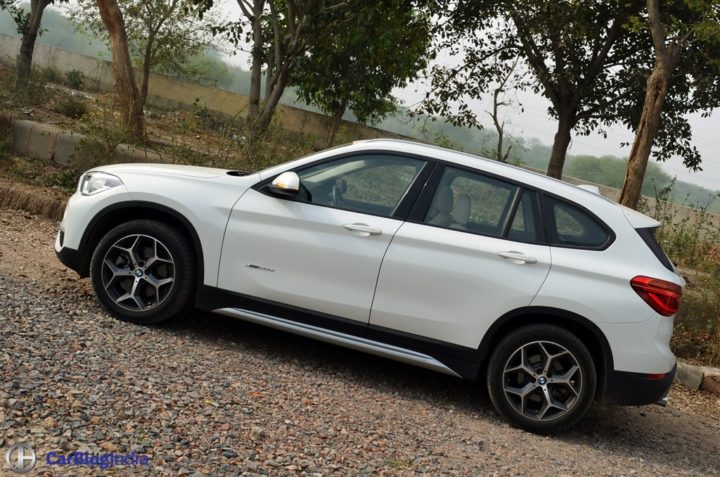
The Finance Minister has stated that the maximum tax levied will be 40%. In a bid to push electric vehicles, the Government has ensured they fall under the lowest tax bracket of 12%. However, rather surprisingly, hybrid vehicles have been kept in the highest bracket (28% + 15%). This is a big setback for manufacturers in India who have been planning big investments towards the introduction of energy-efficient hybrid vehicles. Also, under the old tax structure, various states levied additional taxes on vehicles (eg. Octroi in Maharashtra). With the introduction of GST, these taxes will not be applicable, which means the overall percentage change in prices of cars will vary from state to state.
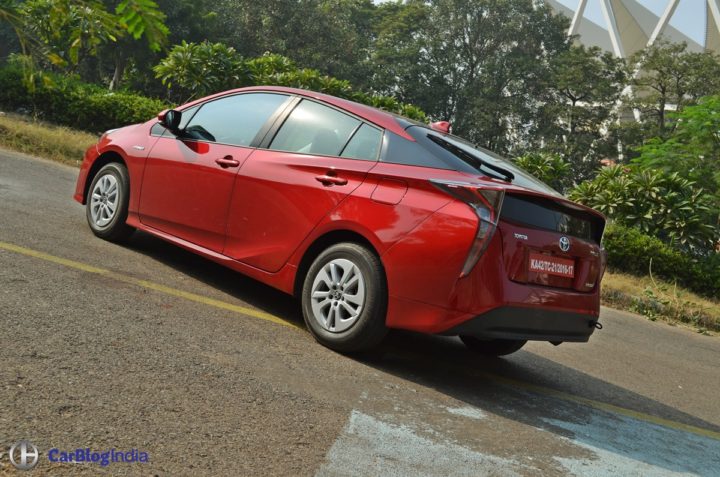
Small Cars
Mostly, small cars will get cheaper by a slight extent. The decrease in prices of petrol and diesel cars could vary. Also, from our calculations, it’s clear that states where Octroi is not applicable could see small cars selling for only a slightly lower price after GST. However, the change in price will be slightly more significant in states where people have been paying Octroi.
Medium Size Cars
This particular segment will not see much change in prices. The overall tax incidence on cars such as the Ciaz and City will remain almost the same. However, as is currently the case, the Ciaz diesel thanks to the SHVS mild hybrid tech benefits from a lower VAT rate in Delhi. Under the current GST bill proposed by the Government, hybrids will be taxed the same as normal petrol/diesel cars. Unless there are revisions before GST’s implementation in July, the price of Maruti Ciaz diesel is likely to go up. Cars like the Honda City, however, are likely to cost slightly less. Also See- Post-GST Price of Maruti Ciaz | Post-GST Price of Honda City
Luxury Cars/SUVs
Luxury cars and medium and full-size SUVs will witness a definite drop in prices. In fact, manufacturers like Mercedes-Benz, Audi, BMW and Jaguar have already started passing benefits of GST on to customers. But this reduction is applicable only on models that are manufactured in India and not on CBUs. SUVs such as the Hyundai Creta and Tata Hexa will see a drop in prices thanks to a lower overall tax of 43% from 44.50% earlier.
Is It Better to Buy a Car After GST?
The implementation of GST will affect each segment differently. Small cars will get cheaper by a slight margin. The effect on the prices of mid-segment cars such as the City will be negligible. The Maruti Ciaz Diesel, which is a mild hybrid, is likely to cost more now. However, luxury cars and SUVs will get cheaper, while the biggest beneficiary will be hybrid vehicles. So, yes, you should buy a car after GST in case you were planning to buy a luxury car, SUV or a Hybrid. Most mass market cars, however, will not get really cheaper after the introduction of GST. Also, cost of spares and servicing is set to go up post the introduction of GST.
| Car Category | GST |
| Small Cars | 28% + 1% or 3% cess |
| Mid-Size cars, Luxury Cars/SUVs | 28% + 15% cess |
| Electric vehicles | 12% |
| Hybrid vehicles | 28% + 15% |
Road tax – 3% to 24% (Different for every state)
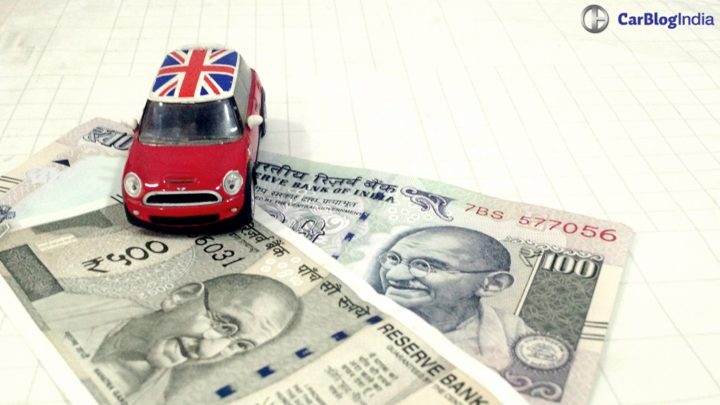
Car Price Drop After GST Announcement
The entire country is abuzz with news of the upcoming implementation of GST. While GST is sure to affect prices of many goods and services, right from basic necessities like milk to high-end ultra-luxury hotel tariffs, we’ve kept a keen eye on the effects of GST on car prices Quite naturally, many of you have asked us if car prices will reduce after GST. Well, while some cars will indeed get cheaper, prices of many cars will go up after the implementation of GST. Some manufacturers have already started doling out lucrative discounts to counter the low demand in the days leading to the advent of GST. Read on to find out about all cars prices that have reduced after the GST announcement.
Will GST Affect Car Spare Prices?
Auto spares and services will get impacted by GST to an extent as the tax rate on spare parts, which is 12% as per the old structure, will go up to 28% after the implementation of GST. So, overall GST rates are likely to raise prices of spares of cars and bikes.
What is the Old Tax Structure?
Right now, there are multiple taxes imposed on a product at the Central and State level. Excise duty is imposed at the factory level based on a classification specified by the Government. Sub 4 meter cars attract the lowest duty of 12%.
For calculating Ex-Factory Price
- Excise Duty – 12% to 27%
| Excise Duty | 12% | Small Cars less than 4 Meter in length |
| 24% | Cars with Length more than 4 Meter but Engine capacity less than 1.5 Litre | |
| 27% | Cars with Engine capacity more than 1.5 Litre |
- Infrastructure Tax – 1% to 4%
| Infrastructure Cess | 1% | Petrol Cars with engine capacity less than 1.5 Litre |
| 2.5% | Diesel Cars | |
| 4% | High Capacity Cars |
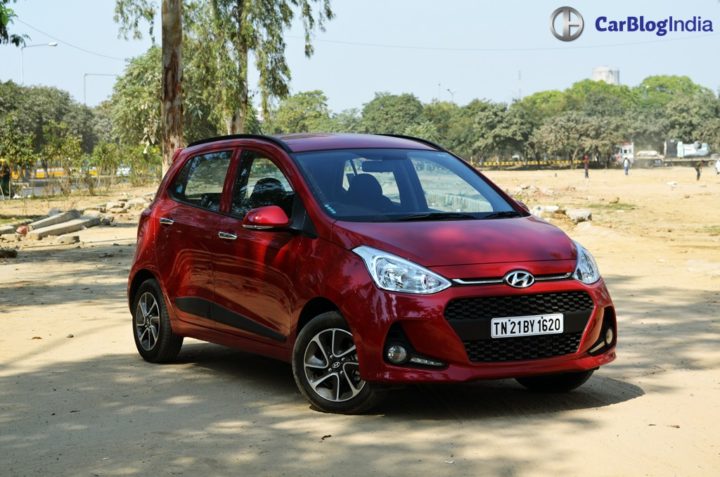
For calculating Ex-showroom Price
- VAT Duty – 12.5% to 14.5%
- Octroi / Entry Tax – 4% to 6% (Applicable in Certain States)
For calculating On Road Price
- Road Tax – 3% to 24%
All this means the on road prices of cars across various states vary greatly depending on the state level tax structure.
Stay tuned to Car Blog India for more updates on how GST affect car price in India. Do you think the introduction of GST will be beneficial to car buyers? Do let us know via the comments section below.
Author- Dhruv Saxena.

